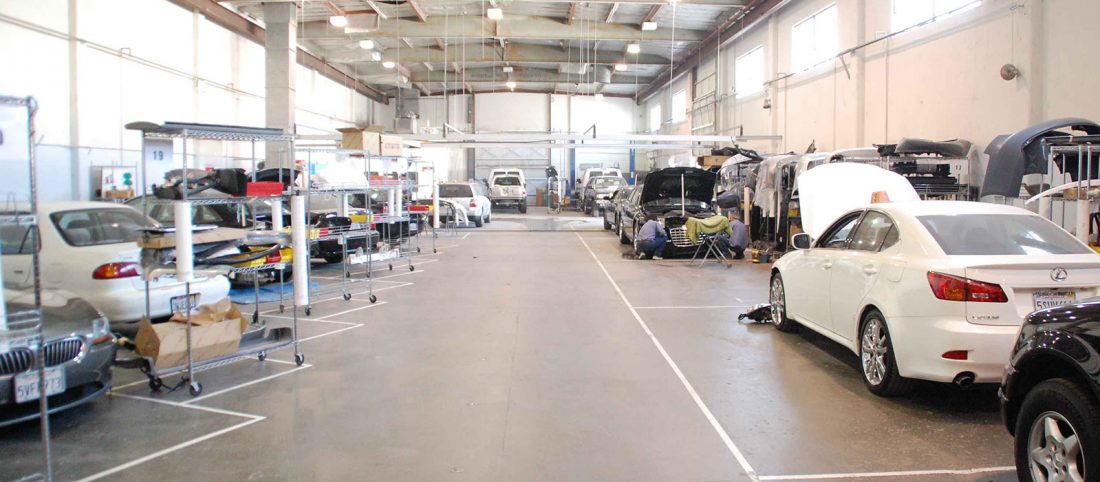All Categories
Featured

[/image]
Normal engine tune-ups are vital for preserving your car's efficiency, improving fuel performance, and extending its life expectancy. Whether you're an experienced cars and truck proprietor or a newbie, recognizing the essential aspects of an engine tune-up can help you keep your car running efficiently for many years. Below are some necessary tips to direct you with the procedure.
- Modification the Spark Plugs. Ignition system are little however magnificent components that play a critical role in igniting the fuel-air mix in your engine. Gradually, they can use out or end up being fouled, bring about inadequate engine performance, decreased fuel performance, and hard starts.
During a tune-up, check your trigger plugs for wear and change them as necessary. For a lot of vehicles, trigger plugs need to be changed every 30,000 to 100,000 miles, relying on the kind and product. Fresh ignition system guarantee reliable burning and smoother engine operation.
- Evaluate and Change the Air Filter. The air filter is your engine's initial line of protection versus dirt, debris, and various other impurities. A blocked or dirty air filter can restrict air movement, triggering your engine to work more difficult and consume even more fuel.
Check your air filter during a tune-up and change it if it's unclean or past its recommended service period. A clean air filter enhances engine performance and improves fuel economy.
- Check the Fuel System. In time, your fuel system can accumulate dust and carbon down payments, decreasing engine performance and fuel effectiveness. Cleaning the fuel injectors and fuel lines throughout a tune-up aids preserve correct gas distribution and burning.
You can use a fuel system cleaner or have a professional mechanic carry out a more comprehensive cleaning. This action is especially valuable for older vehicles or cars frequently driven in stop-and-go web traffic.
- Evaluate the Belts and Tubes. Belts and pipes are vital for numerous engine features, such as running the generator, water pump, and air conditioning. Throughout a tune-up, look for fractures, fraying, or indicators of wear on these parts.
Replace any worn-out belts and hoses to avoid potential failures. A busted belt or leaking pipe can result in engine getting too hot or loss of power, so addressing these issues promptly is essential.
- Replace the Engine Oil and Oil Filter. Engine oil is crucial for lubricating moving parts, minimizing rubbing, and regulating engine temperature level. Gradually, oil comes to be contaminated and loses its efficiency.
As component of a tune-up, change the engine oil and oil filter. Use the kind of oil advised by your vehicle's producer and stick to the suggested modification intervals. Clean oil keeps your engine running efficiently and avoids premature wear.
- Check the Battery and Charging System. A healthy and balanced battery is vital for beginning your cars and truck and powering its electrical systems. During a tune-up, examine the battery's voltage and evaluate the terminals for corrosion. Tidy the terminals if required and make certain a secure connection.
In addition, examination the generator and billing system to ensure your battery remains charged during operation. If your battery is weak or old, think about replacing it to stay clear of unanticipated break downs.
- Flush and Replenish the Coolant. The air conditioning system regulates your engine's temperature, avoiding it from overheating. Old or polluted coolant can lose its performance, resulting in prospective engine damage.
During a tune-up, flush the old coolant and replace it with a fresh mix. Check the radiator, thermostat, and pipes for leaks or damages. Keeping the cooling system in great problem ensures your engine operates at the right temperature level.

- Address Warning Lights and Unusual Signs And Symptoms. Modern cars are geared up with diagnostic systems that alert you to possible issues via dashboard warning lights. If your check engine light or any other advising indications are on, resolve them throughout your tune-up.
Additionally, take note of unusual symptoms such as odd sounds, harsh idling, or lowered fuel effectiveness. An expert technician can detect and fix these troubles throughout the tune-up process.
- Do Not Fail To Remember the Exhaust System. Your car's exhaust system removes damaging gases from the engine and makes sure proper emissions. Check the exhaust system for leaks, rust, or damage during a tune-up. A defective exhaust system can affect engine performance and cause ecological and safety and security issues.
- Usage High-Quality Parts and Fluids. When replacing components or rounding off fluids during a tune-up, always choose high-quality products that satisfy your automobile's specifications. Making use of poor parts or inaccurate liquids can negatively affect your engine's performance and longevity.
Verdict: Normal Tune-Ups Are Key to Engine Health. Making the effort to tune up your engine guarantees it operates successfully, saves fuel, and minimizes the danger of malfunctions. Whether you execute these tasks yourself or depend on a relied on auto mechanic, normal tune-ups are an investment in your car's reliability and longevity. Adhere to these ideas, and you'll appreciate a smoother, extra trustworthy trip for several years to come.
Latest Posts
Discover Special Auto Repair Offers in Chicago at Montclare Auto Repair
Reasons Routine Auto Maintenance at Montclare Auto Repair Saves You Money
Secure Your Home with Top Quality Residential Roofing